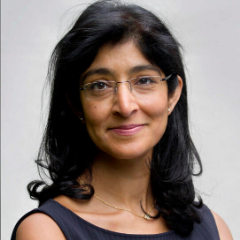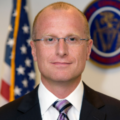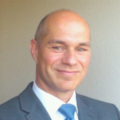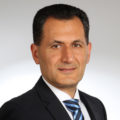Managing Director, NERA Economic Consulting
Mr. Marsden has 20 years of experience in microeconomics, political economy, and business consulting. He has worked for regulators and private companies in more than 40 countries across the Americas, Africa, Asia Pacific, and Europe. He has particular expertise in auction design and in applying economics to the telecommunications and media sectors.
Many of Mr. Marsden’s recent projects have involved policy advice, auction design, software implementation, and bidder support related to the current wave of spectrum awards worldwide. This includes the design and implementation of combinatorial auctions (both multiple-round and sealed bid) for frequencies in Denmark, Ireland, Netherlands, Nigeria, and the UK, and SMR auctions in Belgium, Hong Kong, Norway, and Singapore. Mr. Marsden has provided strategy advice to leading incumbent operators and aspiring entrants in more than 35 spectrum auctions since 1999, including recent and forthcoming awards in Australia, Canada, Denmark, Germany, Ireland, Finland, Italy, Romania, Spain, Switzerland, New Zealand, USA, and the UK.
Prior to joining NERA, Mr. Marsden spent 10 years at DotEcon, as Director and Managing Consultant, where he was responsible for business development for auctions, public policy, and strategy projects. While there, he regularly managed projects involving teams of programmers, econometricians, academics, and technology consultants. Notably, he managed the project teams supporting Ofcom on digital dividend policy and UK spectrum auctions between 2005 and 2010. He also completed major studies for the European Commission on allocation of the digital dividend, and on spectrum trading and liberalization. Previously, he worked for Oxford Analytica as an editor and consultant, where he focused, in particular, on the Asia Pacific region.
Mr. Marsden presents and publishes frequently on the topics of auctions, the communications industry, and spectrum management and allocation. He is the co-author of a book on broadband regulation (Springer, 2005). He holds an MA with distinction in International Political Economy and a BA in Economics and International Relations from the University of Warwick, United Kingdom.



















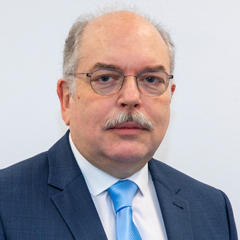

 Brendan Carr, Commissioner, FCC
Brendan Carr, Commissioner, FCC 
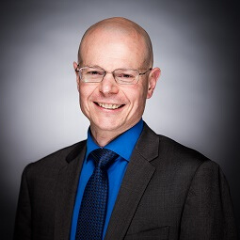
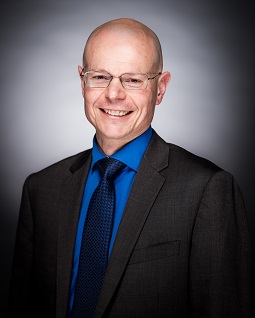 Michel Van Bellinghen, Incoming Chair 2021, BEREC
Michel Van Bellinghen, Incoming Chair 2021, BEREC 